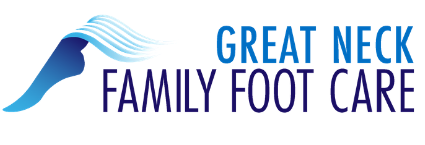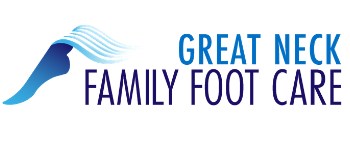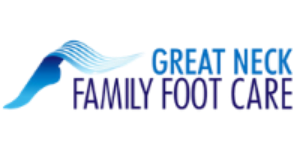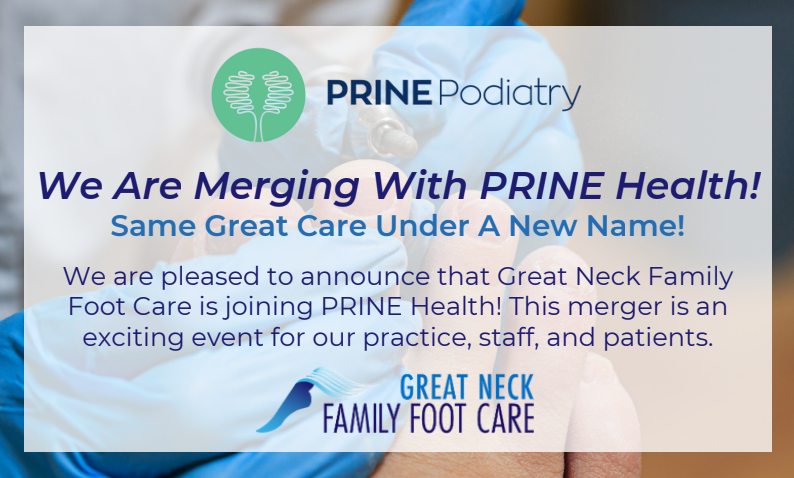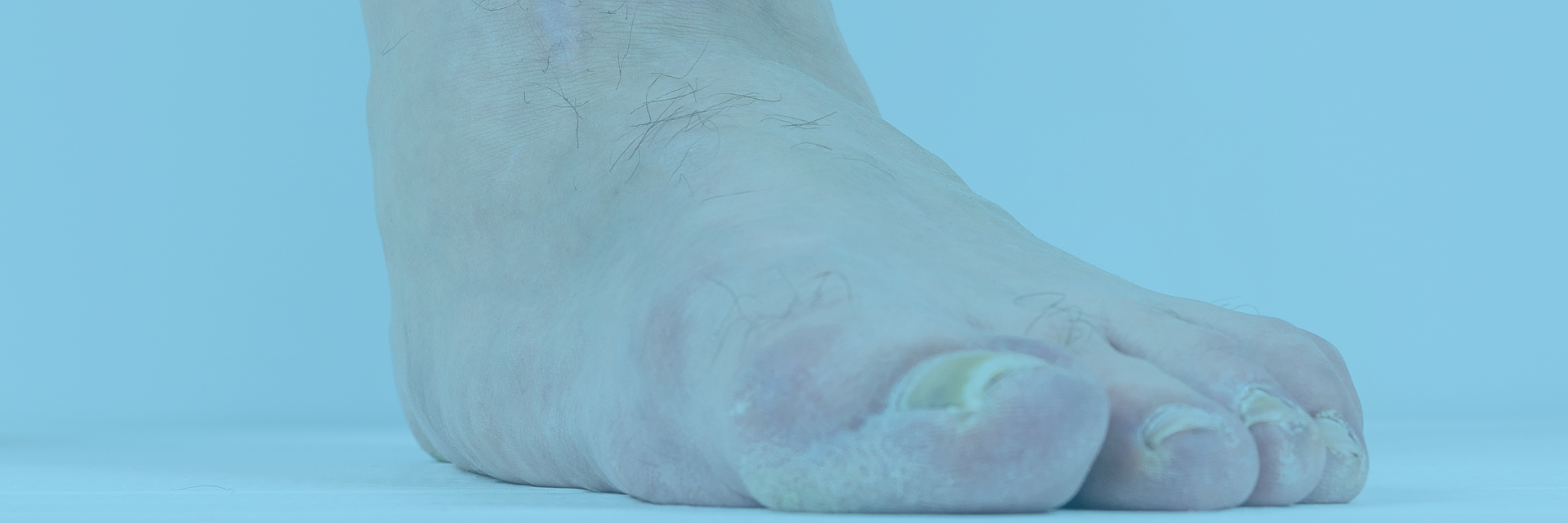
Flexible Flatfoot
The term “flatfoot” refers to a total or partial collapse of the arch, hence causing the foot to be flat on the ground. If you have flexible flatfoot, it means that your foot is flat when you are standing on it, but when you pick your foot up and are not bearing weight on it, the arch returns. At Great Neck Family Foot Care we diagnose many cases of flexible flatfoot each year. It’s a condition that needs to be evaluated by a podiatrist because of the varying degrees of severity of flexible flatfoot and the additional problems it can cause. Typically, flexible flatfoot affects both feet. It begins in childhood and progresses into adulthood. As the deformity worsens, the soft tissues (tendons and ligaments) of the arch may stretch or tear and can become inflamed. As time goes on, flexible flatfoot can lead to bunions, hammertoes, and a tightening of the Achilles tendon, which can lead to an increased risk of injuries. Some symptoms commonly associated with flexible flatfoot are:
- Pain in the arch, heel, ankle, or along the outside of the foot
- Shin splints (pain on the shin bone)
- Frequently rolling your ankle
- General ache or fatigue in your foot or leg
- Pain in your lower back, hip, or knee
Treatment
Our board certified podiatrists, Dr. Alec Hochstein and Dr. Diana Gagliano pride themselves on providing Nassau county patients with a high standard of personal care and prompt diagnosis. A thorough exam of your foot will be conducted by the foot doctor. Digital x-rays may be ordered (which can be taken in our Great Neck office). If flexible flatfoot is the diagnosis, the podiatrist will recommend a treatment plan that is right for you. If you are in pain, the foot doctor may prescribe ibuprofen or other nonsteroidal anti-inflammatory drugs. If you are overweight, weight loss may be recommended to reduce the strain on your arches. Other treatment methods include: modifying activities, orthotics, physical therapy, and, in extreme cases, total immobilization of the foot or surgery.
If you have flatfoot issues, come in for a consultation. You can make an appointment by calling our office at (516) 482-5999.
